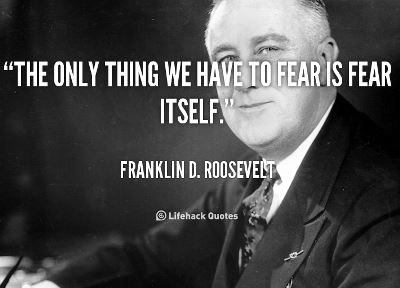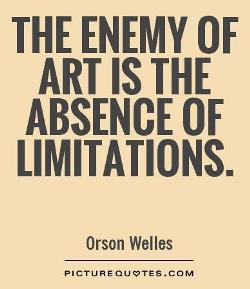When starting a new pursuit or a new venture, it is important to remember ‘The Law of Financial Viability’: “When deciding whether to follow an appealing pursuit that will introduce more control into your work life, seek evidence of whether people are willing to pay for it. If you find this evidence, continue. If not, move on” – writes Cal Newport in his book So Good They Can’t Ignore You.
 Hence it is essential to determine as quickly as possible (based on a demonstrator or Minimum Viable Product as they say in the Lean Startup movement) whether people are really ready to pay for what you want to offer. That is also applicable to a career change – are people willing to hire you?
Hence it is essential to determine as quickly as possible (based on a demonstrator or Minimum Viable Product as they say in the Lean Startup movement) whether people are really ready to pay for what you want to offer. That is also applicable to a career change – are people willing to hire you?
And there is a significant distance between people saying that that they’s be interested and they would be happy to pay – and people really, actually paying.
One of the interesting consequences of this observation is that it is far better to have the first customers pay a little something rather than giving for free: it will prove that people are happy to reach their wallet, which is a significant psychological hurdle; and as an associated benefit it will force you to get your payment and invoicing processes up and running.
To summarize, Cal quotes Derek Sivers as saying: “When it comes to decisions affecting your core career, money remains an effective judge of value. If you’re struggling to raise money for an idea, or are thinking that you will support your idea with unrelated work, then you need to rethink the idea”
Demonstrate the value of your idea by effectively getting money for it.











